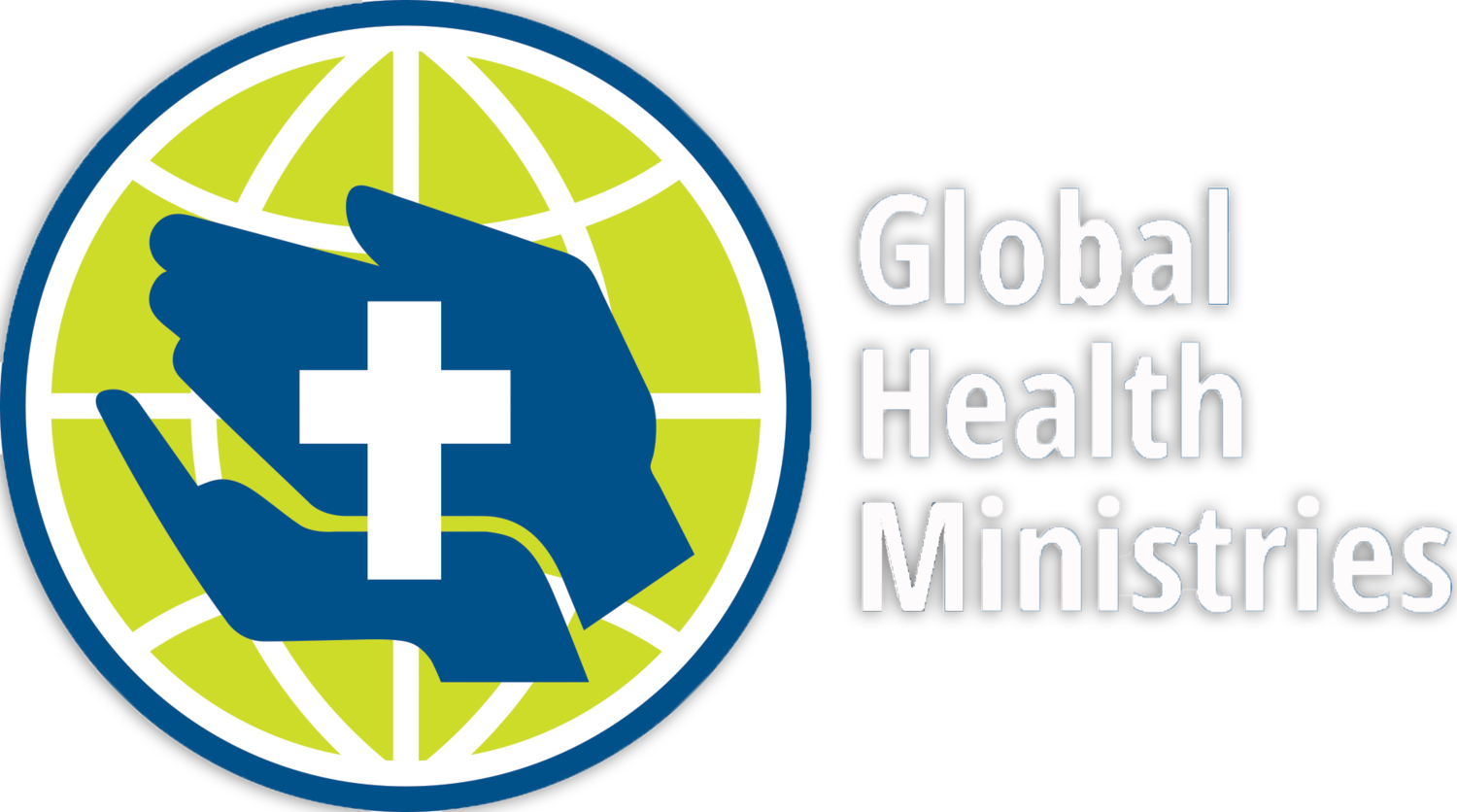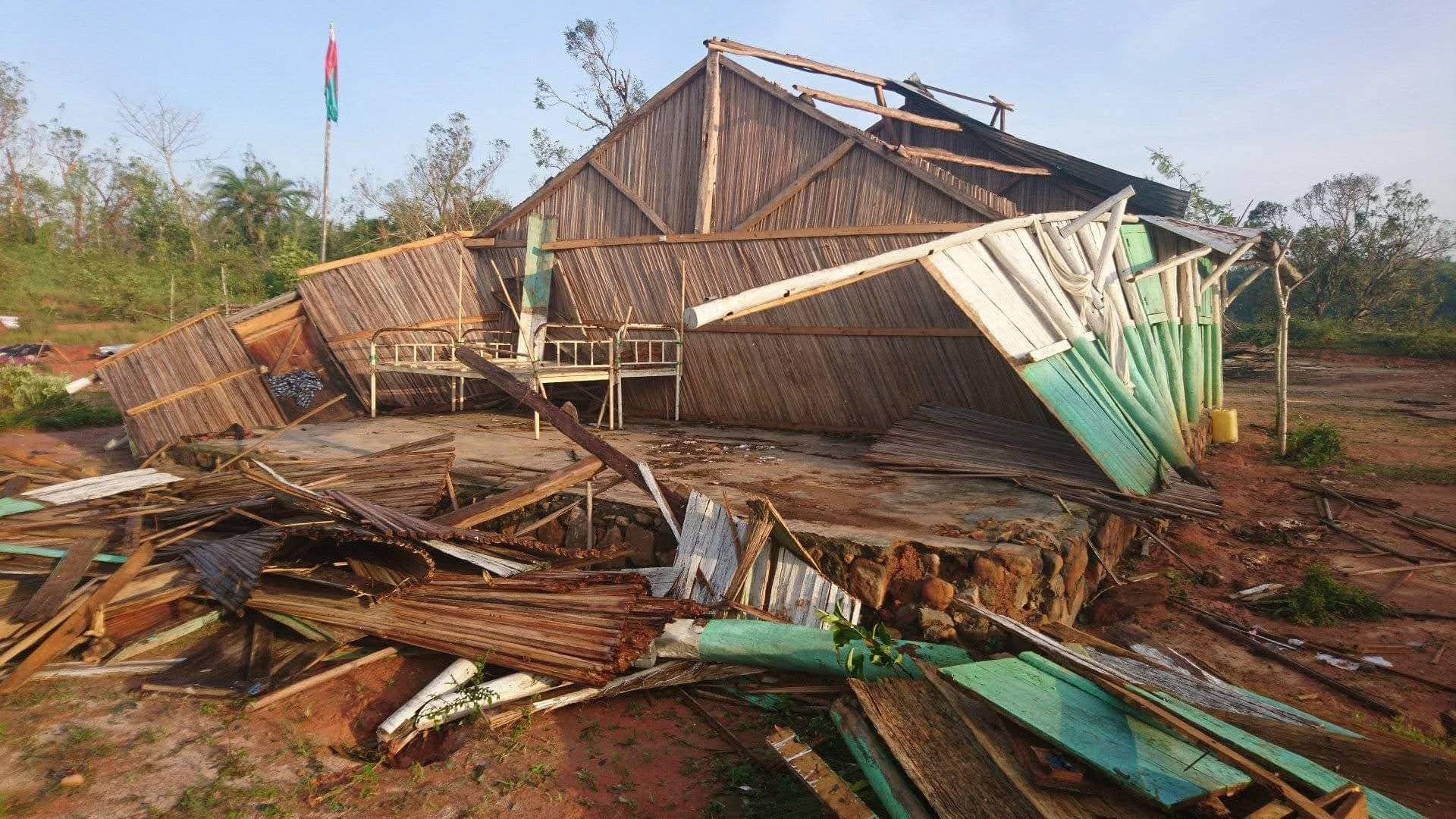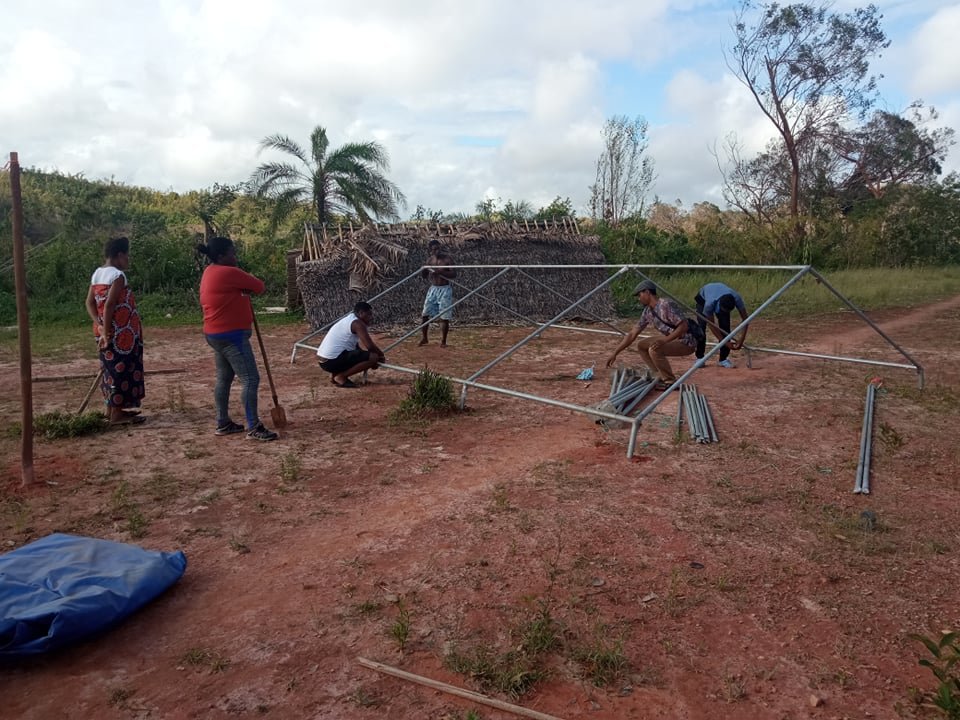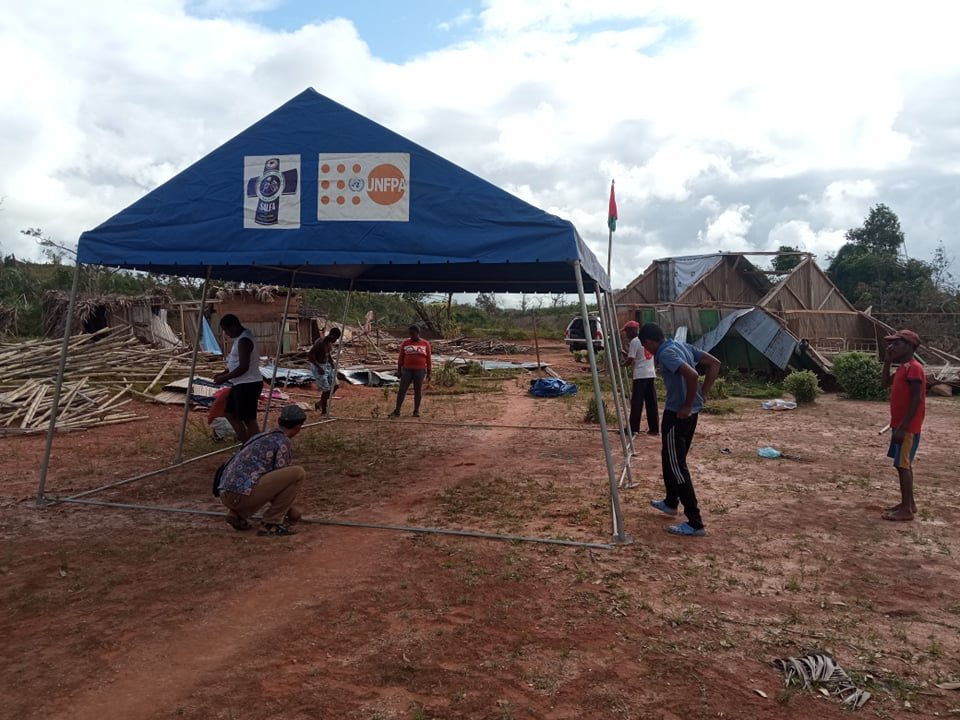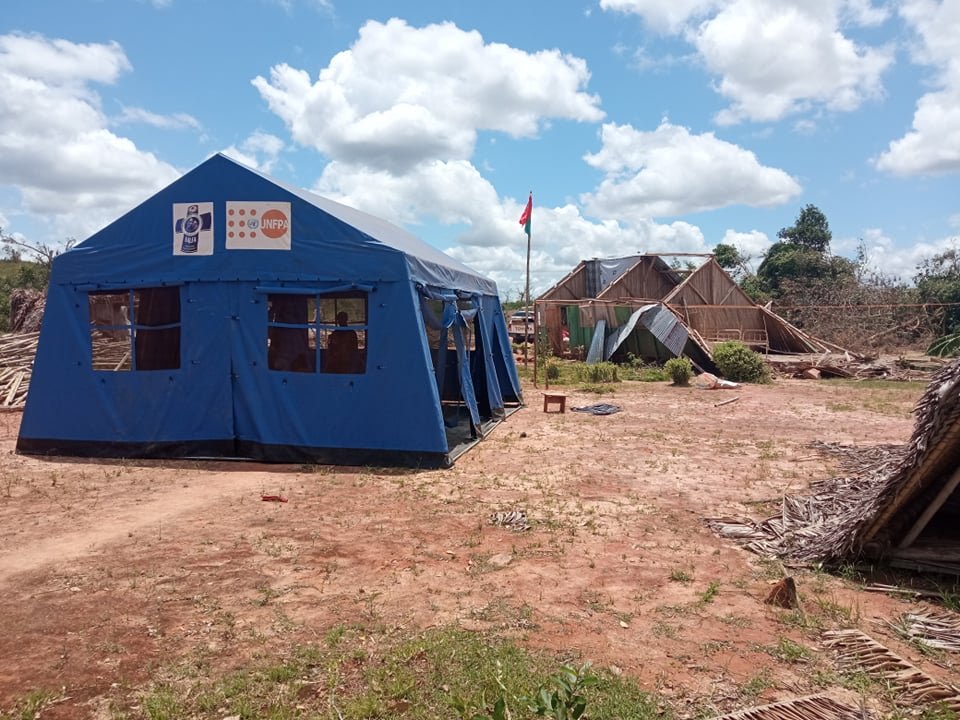Resilience: Resuscitating Ambaladara
It’s cyclone season in Madagascar, and this year it’s been particularly intense. A powerful tropical storm, Cyclone Ana caused significant flooding and destruction when it made landfall in Madagascar in late January, killing more than 50 people and reportedly displacing 130,000. Cyclone Batsirai followed just two weeks later, leaving more than 120 dead, damaging or destroying the homes of 124,000 people, displacing some 30,000 more and washing away bridges and roads, making it impossible to reach some affected areas quickly. Recovery efforts were still underway when Cyclone Dumako made landfall 10 days later – more people killed, more families displaced - and soon after that the country was bracing for Cyclone Emnati. The UN weather agency has warned that 8 to 12 more cyclones can be expected before Madagascar’s cyclone season ends in May, still months away.
It’s been reported that 53 hospitals and clinics were damaged by Cyclone Batsirai, and 6 more destroyed. Ambaladara is one of those rural clinics. Located in eastern Madagascar, south of the capital, Ambaladara provides essential services for surrounding villages, including prenatal consultations, deliveries, family planning and reproductive health, malaria diagnosis and treatment. The clinic is known for focusing on the health of young people, sharing education about the risks of substance abuse, for example, and other behaviors that can compromise health. Two Community Health Nurses (CHNs), trained at the Lutheran School of Nursing in Madagascar, a program supported by Global Health Ministries, are working in this clinic, part of the team that does outreach in surrounding communities.
Cyclone Batsirai brought down the fragile structure, leaving the hospital beds as a poignant reminder of the important work that is done here. With their own hard work and assistance from SALFA, the health department of the Lutheran Church in Madagascar, Ambaladara is already getting back on its feet. Staff quickly constructed a donated tent that is already making it possible for them to see patients again.
The intensity of the winds and overwhelming rainfall associated with the cyclones battering this fragile nation have been linked to climate change. Ambaladara is north of a region where climate change has also been linked to a lack of rainfall. Multiple years of persistent drought have created famine conditions in parts of southern Madagascar, and the extreme rainfall associated with this year’s tropical storms has largely fallen north of these areas. The rain that does reach the south pools on the hardened, baked soil and so still, crops wither before they can be harvested. GHM is partnering with local communities and SALFA to try to access “primary water” unaffected by drought at the surface. Sustainable access to water, together with drip irrigation and other conservation agriculture techniques, could help break the cycle of drought, hunger and poverty that afflicts these communities. Lutheran clinics like Ambaladara will serve as hubs to provide health services in the drought-stricken south. And an expanding network of community health workers, trained by staff from SALFA’s program for Community Health Nurses, will be empowered to bring health education to villages, to refer people who are sick or injured to a local clinic for diagnosis and treatment, including for severe malnutrition, and help meet the need for prenatal consultations and assisted deliveries. Despite seemingly overwhelming challenges, these resilient communities are working hard not just to survive but to thrive.
